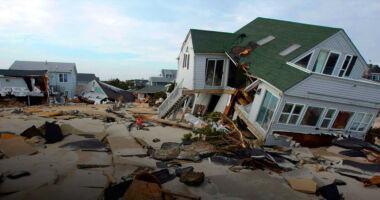More than 10 months into Russia’s invasion of Ukraine, the war’s long-term impact is coming into focus. The War prompted many multinational corporations to voluntarily exit or sever business ties with Russia and triggered a broad set of international sanctions. Now, much of the focus has shifted from specific developments in Ukraine and Russia to economic inflation globally and a fracturing geopolitical order.
According to Marsh McLennan, businesses and governments should not lose sight of the indirect consequences of the Russia-Ukraine conflict, which may persist for a long time. This includes the continuing risk arising from the large volume of new economic, financial and trade sanctions; the global impact arising from the reduced availability of key commodities such as oil, fertilizer and grain; and potential insurance claims made as a result of the conflict.
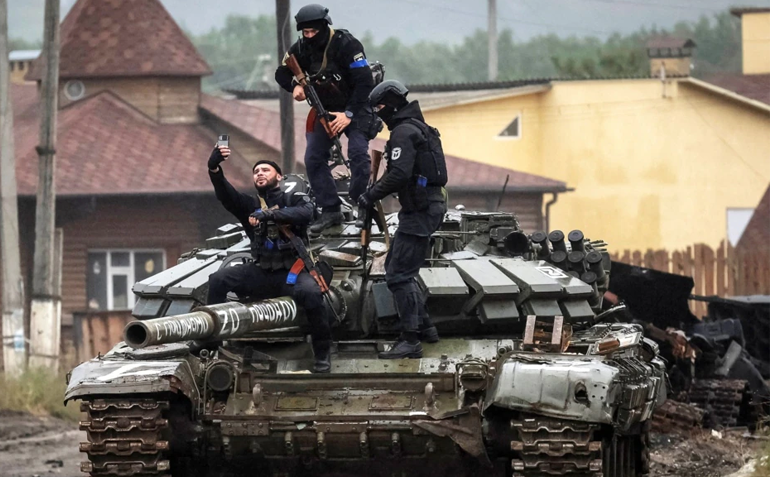
When the war in Ukraine started in February this further fueled global inflationary and supply chain pressures, causing price shocks for a wide range of commodities, including energy, food and construction materials.
Claims under political risk and trade credit insurance policies typically take time to develop; the volume of claims associated with the conflict is nearly certain to increase, although that remains to be seen. Below is an industry-level look at how the conflict is introducing new risks to business operations and impacting insurance as a result.
Aviation & Space Insurance
Sanctions by the U.K., EU and others prohibiting the supply of aircraft or parts to Russia as well as related financing or insurance, followed by a Russian expropriation of foreign-leased aircraft, have led to multiple aircraft stranded in Russia. This has resulted in significant aviation hull losses, which have already led to aviation hull war insurance rates spiking by approximately 200%, on average, and underwriters re-examining coverage.
The broader aviation insurance market may harden, further straining the aviation industry, which is struggling to recover from the impact of the pandemic.
The aviation and space sanctions have also led to international insurance coverage for satellite launches and deployment being unavailable for Russian-built satellites and launch sites within Russia. Between 2017 and 2021, Russia accounted for about 16% of global launches.
In addition, specialist Russian aircraft carried a significant proportion of satellites made and delivered outside Russia, which is no longer possible.
This reduction in satellite carrying capability may delay launches for years, resulting in a reduction in space insurance premiums that may impact rates for launches outside Russia.
What Lessons Should Be Learn the Insurance Industry After Russia’s Seizure of EU Aircrafts?
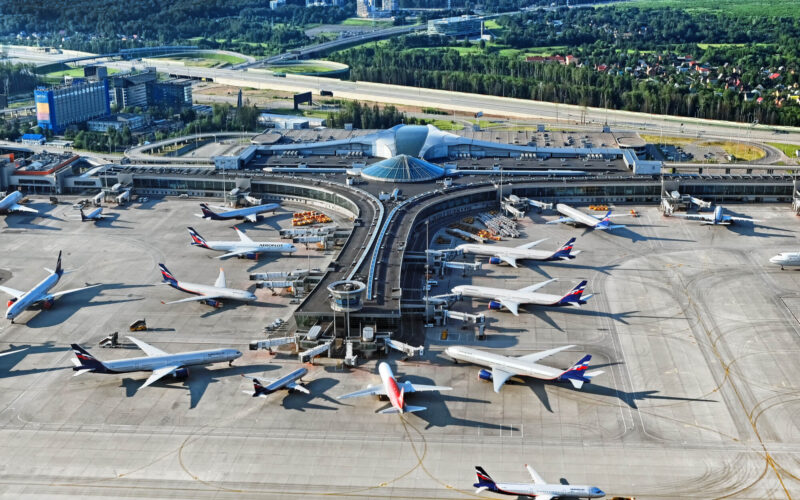
The risk of a prolonged Russian invasion of Ukraine will further complicate the resolution of aircraft leasing insurance claims which would take years to settle, with experts believing that this would require complex arbitration and legal procedures.
More than 500 aircrafts and engines are stranded in Russia after the US, UK and EU enacted a number of sanctions against the Russian government and Russian entities. As part of these sanctions, the NATO airspace has been closed to Russian-operated aircrafts.
At the same time, Western governments have prohibited the provision of aviation insurance and reinsurance for any aircraft for use in Russia, among other key financial services.
In response to these sanctions, the Russian government prohibited the repatriation of aviation assets to international lessors, who were obligated to terminate their leases and demand the return of the aircrafts in March 2022.
What lessors are able to collect from insurers will depend greatly on the coverage that is deemed applicable. Lessors are covered under policies taken out by airlines and also their own contingent all-risks and war cover if airlines’ policies do not respond. War cover typically has a seven-day cancellation provision, which could give rise to disputes about whether the cover was canceled before it was triggered. An aviation insurance source said that one question is whether the signing of Russia’s reregistration law or the seizure of the aircraft would act as the loss trigger.
These sanctions include, among other things, the closure of US, UK and EU airspace to Russian-operated aircraft, and a prohibition on UK and EU entities (or anyone within the UK and EU) leasing aircraft to Russian entities.
UK and EU sanctions also prohibit certain ancillary activities, including the provision of funds, financial services, and brokering services, in relation to these prohibited activities, as well as the provision of insurance or reinsurance to Russian entities or providing insurance coverage for aircraft for use in Russia.
Marine Insurance
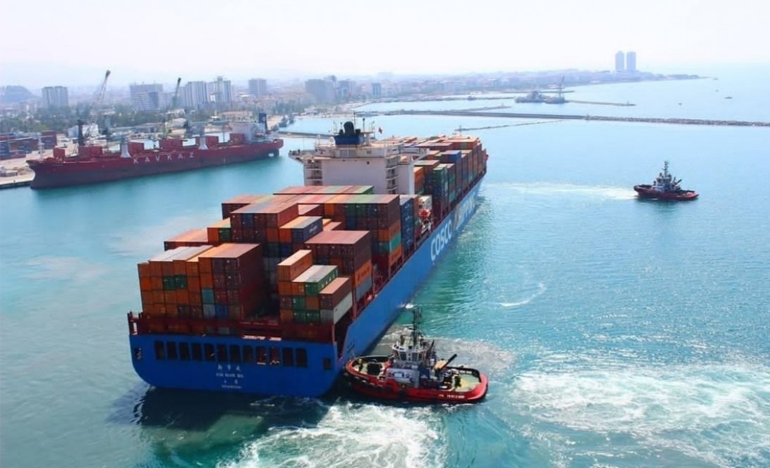
Damage to marine hulls, ports, and cargo will generate losses in Ukrainian ports. Notably, insurance coverage for land transit of cargo in Ukraine is no longer available.
Global supply chains and the flow of commodities may face further disruption as a direct result of the hostilities in Ukraine and indirectly through sanctions and insurance market tightening.
The significant increase in sanctions and trade controls on Russia impact a wide variety of goods being supplied to or from Russia. The EU, U.K., and some other countries have also prohibited the financing and insurance of impacted exports and imports.
The differences between various countries’ sanctions regimes have added an additional measure of complexity and risk of doing business internationally.
Companies that operate internationally need to consider not only sanctions that apply to them but also how local sanctions may apply to other parties in their supply chain may impact their business, as well as their banks, lenders and insurers.
It should also be noted that the marine insurance industry had in recent years been put on notice by U.S. and U.K. regulators to increase their monitoring of the vessels and goods they insure in order to identify vessels that may have sanctions ownership or be involved in sanctions evasion.
For the time being, all marine insurance lines remain relatively stable, from both an overall capacity and a pricing perspective, with the exception of increased hull and cargo war rates.
Energy and Power Insurance
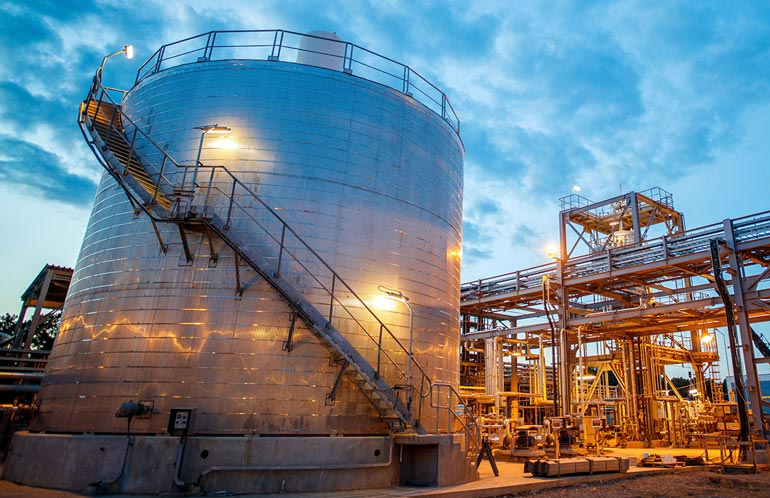
The energy insurance market is seeing an immediate impact on its premium volume due to sanctions on Russian oil and EU attempts to reduce reliance on Russian energy. As of December 2021, Russia accounted for nearly 10% of world petroleum production. Germany and other EU members that previously bought Russian natural gas and oil are trying to line up alternative energy supplies, including possibly delaying original coal phase-out plans or revamping already shutdown coal power plants (when feasible).
Meeting power demand may increase the need for new upstream energy investments and energy infrastructure outside of Russia.
EU sanctions prohibiting EU companies from insuring any Russian oil shipment are due to fully come into effect by the December 5, 2022, raising concerns of even higher energy prices.
The U.K. has so far held back on a similar ban, only restricting imports into the U.K. from the end of the year. Changes to U.K. and EU positions depend on the outcome of a U.S. attempt to gain international agreement on an oil price cap, which would allow insurance for oil shipments under a certain price.
One of the long-term consequences of the Russia-Ukraine conflict is the acceleration of the transition to renewable energy sources. Energy market observers forecast that mature economies are entering a “capex supercycle” in which capital expenditures to support the transition to a lower-carbon economy are expected to be enormous. That shift is likely to increase demand for insurance coverage for these new industries.
Credit and Political Risk

Claims are beginning to emerge for Russian and Ukrainian trade credit, political risk, and structured credit policies issued before sanctions were imposed. More trade credit and structured credit claims for Russia are anticipated in the second half of 2022 and the first quarter of 2023. Political risk claims are expected from Russia in the fourth quarter of 2022 and through 2023.
Significant political risk claims for war and confiscation in Ukraine have emerged. Since late February, few — if any — new political risk or credit insurance policies have been available for Russia, Ukraine or Belarus.
The Russia-Ukraine conflict underlines the increased volatility in geopolitics in recent years, which creates complexity for managing risk in supply chains and in evaluating the cost of that risk. This is increasing demand for trade credit, political risk, and structured credit insurance to respond to the heightened risk environment and to secure liquidity and reduce capital costs.
Sanctions and Supply Chain Shifts
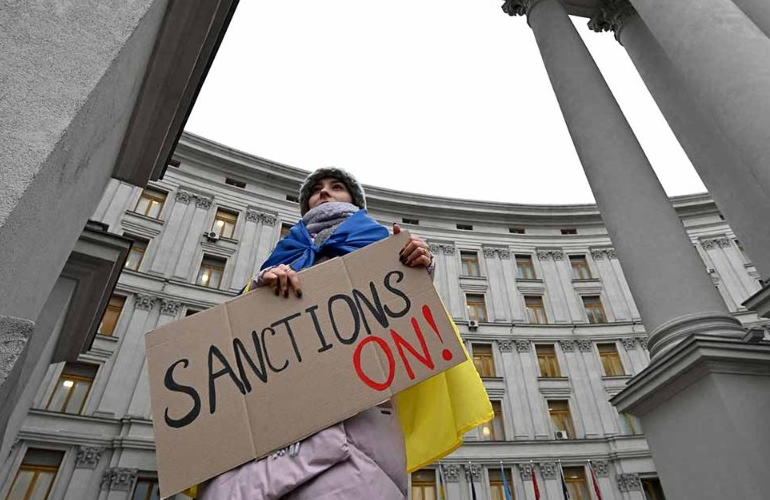
Sanctions and trade controls have significantly increased. While media reporting has focused on the aviation and marine industry, sanctions have impacted a large variety of goods and services being supplied to Russia.
Companies need to keep up with regular changes to sanctions, the differences in sanctions regimes between the EU, U.K., and U.S., as well as other countries joining the effort such as Singapore, Australia and Canada.
This increases the complexity for international companies looking at which sanctions may apply in all the different countries in which they operate.
Many companies are also seeking new suppliers, points of manufacture, and routes of shipment. A major shift in thinking is taking place, from “just in time” supply chain deliveries to “just in case” supply chain risk management. The combination of these issues with geopolitics and inflation means that values at risk have increased in less well-known locations, often with new suppliers and changing customers.
D&O Insurance Liability
The conflict has signaled a shift in corporate reactions to events that trigger moral/ethical decisions. Over a thousand companies have announced they are leaving or voluntarily curtailing operations in Russia.
Boards of management are vulnerable to a litany of business exposures, any of which could potentially derail the financial health, continued service and reputation of any company.
Following are five D&O mega trends companies should watch for and guard against in 2023:
1. Economic and recession risks
2. Cyber security struggles
3. ESG disclosures and exposures
4. US class action securities litigation
5. Antitrust and competition risksCorporate directors and their insurers will find little comfort seeing that new filings of merger-objection class action litigation have continued the dramatic decline begun three years ago.
Merger-objection suits persist, now commonly brought as single investor state court actions to avoid scrutiny of federal court judges who have become increasingly resistant to approving terms of settlement, including plaintiffs’ attorneys’ fees or mootness fees, where plaintiffs themselves have received little if any benefit.
Plaintiffs’ attorneys filed only one merger-objection suit as a putative class action in federal court this year through June, but new filings on behalf of discrete litigants during the same period raised objections to nearly 90 transactions.
………………
AUTHOR: Nick Robson – Global Specialty Head, Credit Specialties at Marsh




